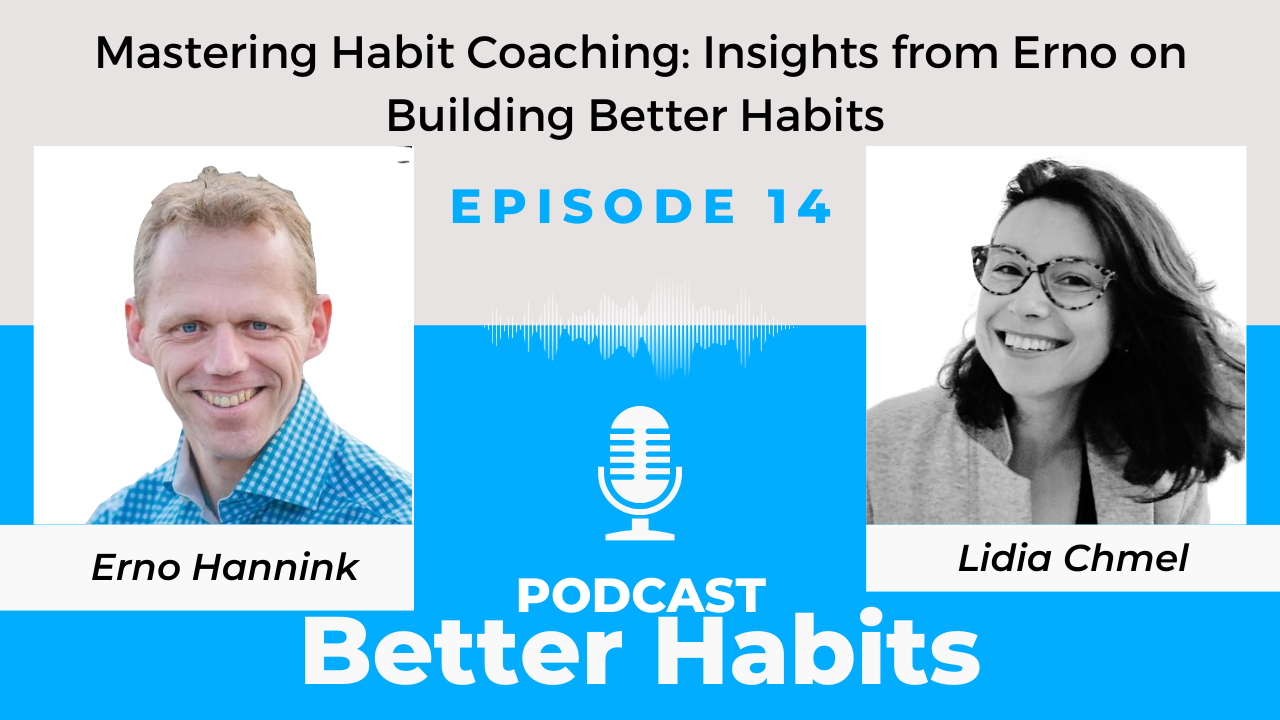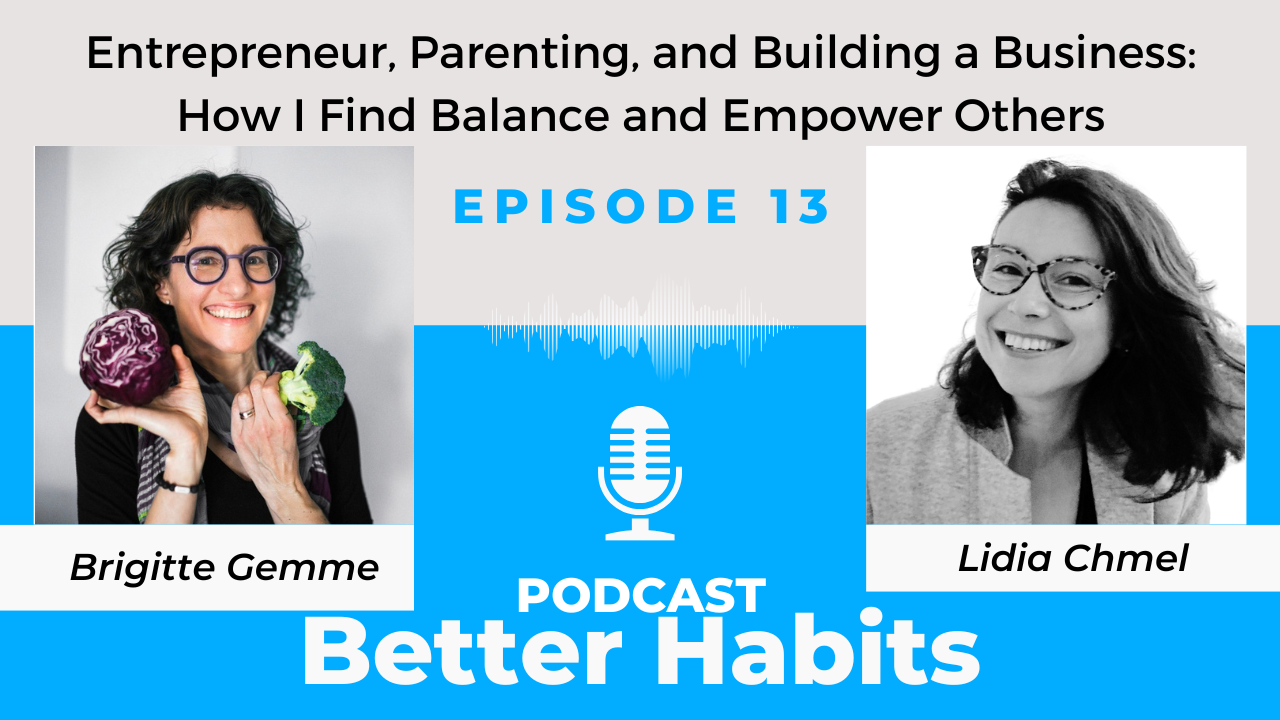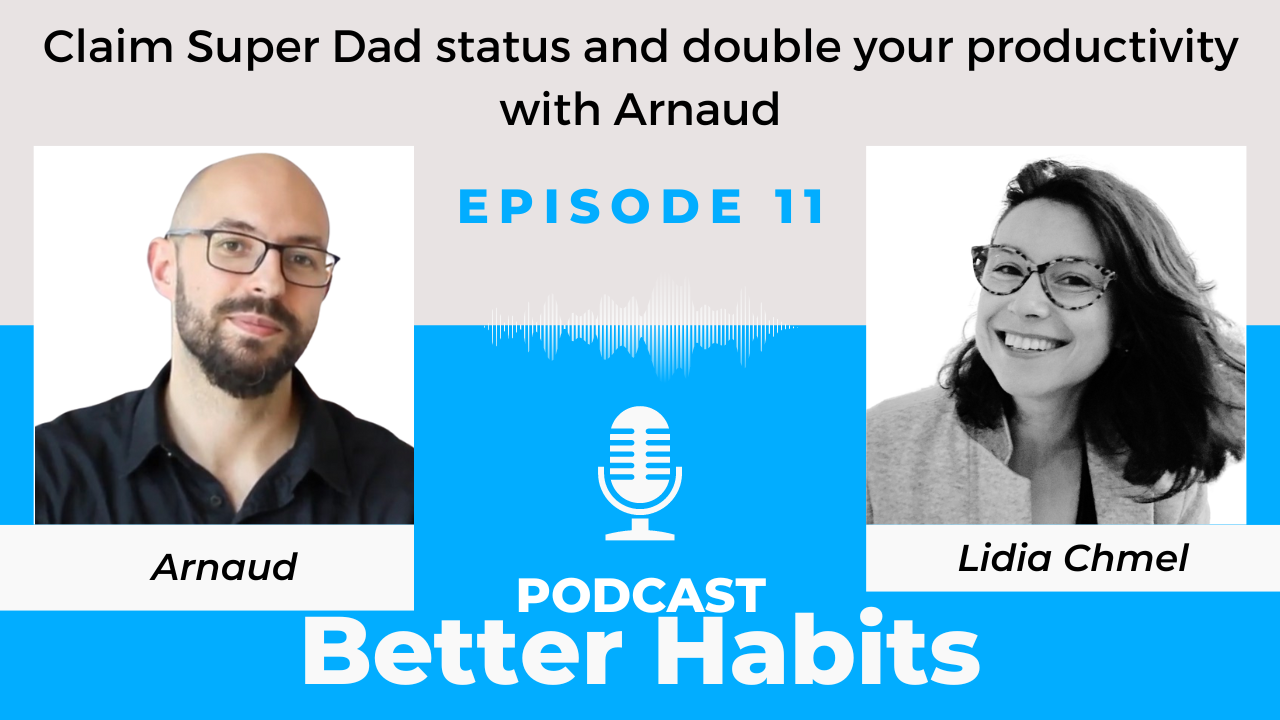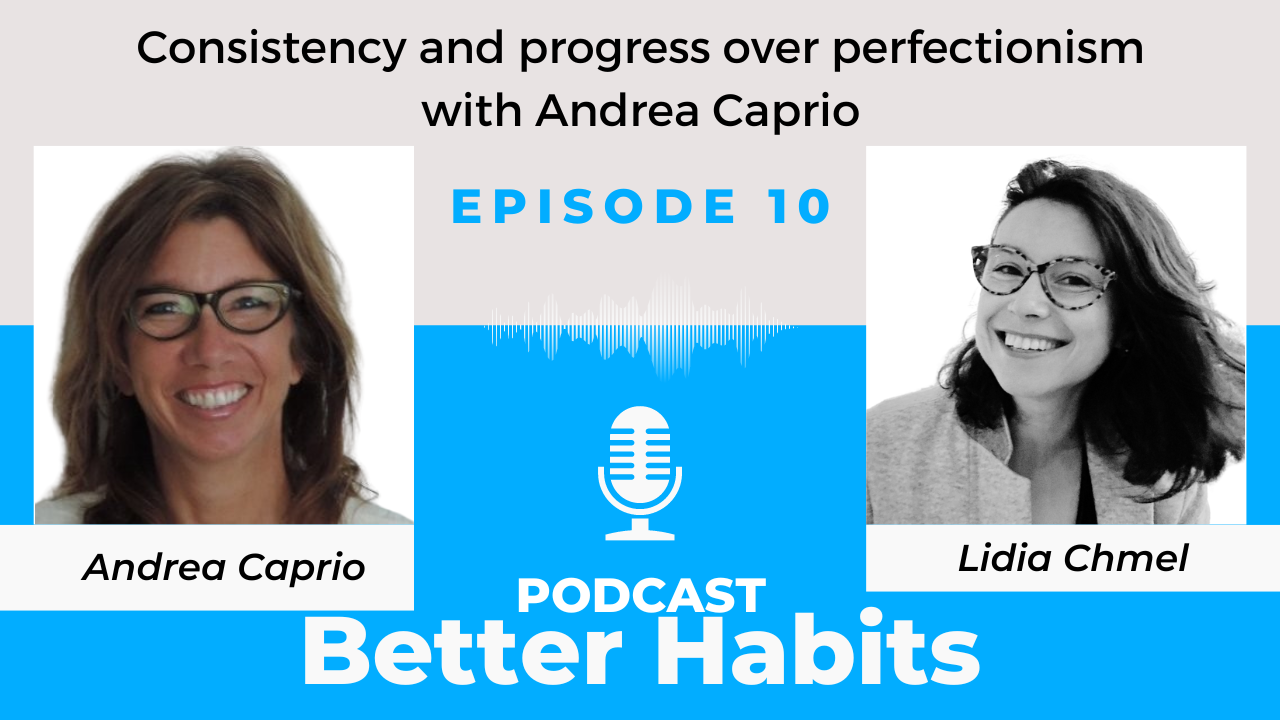Margo L. Dill is the author of young adult fiction and picture books in addition to working as a freelance writer, editor, teacher and writing coach. Her work has appeared in publications like Grit, Missouri Life, and The Chicago Tribune. Her newest book is Maggie Mae, Detective Extraordinaire and the Case of the Missing Cookies.
Like many working writers, Dill balances the work of managing and marketing a successful freelance business with the actual work of writing. She had some great tips to share with us:
What’s your own daily routine like? What habits do you cultivate and what benefits do you find in them?
I write a lot in the morning. But since I am also a stay-at-home mom to a 4-year-old girl and a 13-year-old stepson (and a dog that requires as much or more attention), I work whenever I can. I usually take a couple hours in the morning, before she gets up or maybe while she eats breakfast and watches some morning TV. I organize my day so that I take breaks to do something special with my family, whether it’s going to the park or on a playdate, and then I work some more. Then we play outside or a game, then bathtime and bed, where I usually do some more work.
The best habits I have, and I try to follow on a regular basis, is 1. work on my creative work (my books) first before I edit, teach online, blog, or whatever my work entails that day 2. After that, work on the hardest projects first—as the day goes on, my brain doesn’t function as well. HA! What I mean is I’m tired by the end of the day, so if I have to edit a particularly complicated story, I try to do that in the morning. At night, I can conquer marketing tasks that don’t take as much brain power.
The most common advice we hear about writing habits is simply to write every day. But what’s your best advice for overcoming procrastination and getting quality work out of your time spent writing?
Writing has to be priority. If you can’t stand to look at a dirty house and you need to write, then get your laptop and go to a coffee shop and write. Then come home and tackle your dirty house. Write first—even if it’s just for an hour—then do your housework. If you are not a morning writer, and some people are not, then schedule your nighttime writing like you would a movie date with a friend. You are scheduling a date with yourself. At 8:00 pm, I am writing until 10:00 pm, you tell yourself. If someone asks you to do something or if the dishes aren’t quite done, that doesn’t matter. At 8:00, you have an appointment that you have to keep.
Here’s the thing: there are a million excuses out there. There will always be something else to do, and sometimes it is easier to mow the grass than to work on your novel. But if writing is important to you, explain that to your family and loved ones, and that will also help. Maybe you will even have an encouraging person in your family who will say, “Hey, I thought you were working on your novel at 8:00,” when they see you watching TV instead.
Are there any habits you’re trying to develop now? What motivated you to work on them?
I have a terrible habit of editing and revising as I write when working on a longer piece, such as a novel. I’m going to do NaNoWriMo to work on a novel and force myself to write, write, write without editing so much. I’m hoping this month of writing shows me a better way to write a novel. Right now, it takes me forever to write one!
Who or what inspires you? Whose habits would you like to know more about and why?
I am actually inspired every time I read a well-written novel, like John Green‘s Fault in Our Stars or Brian Katcher‘s Almost Perfect or Divergent by Veronica Roth. I am inspired when I read a story about an author like Jeff Guinn, who was a newspaper writer in Dallas with a couple books before he made the NYT’s bestseller’s list with Autobiography of Santa Claus when he was 52. Or how about the number of rejections the authors of Harry Potter and The Help received before getting a HUGE published book? The great thing about being a writer is that you are doing what you love, and you have the chance to be successful and affect people’s lives IF YOU WORK HARD to improve your craft. That said, I am hoping some day I really get into a routine, like maybe when my daughter goes to Kindergarten, where I am able to better balance exercise, writing, and marketing. I feel out of balance sometimes, but I actually think that is the joyous life of living with a preschooler, where every day is NOT routine.
Coach.me provides everything you need to improve performance in diet, fitness, productivity, and life. Join others who are improving their writings skills by adding these habits to your dashboard:
- #500WED: a community challenge to fall in love with writing again. Can you write 500 Words Every Day for a month?
- Write for 30 minutes: a timed practice of writing each day.
- Write a Novel in 30 days: Join the National Novel Writing Month challenge to write a novel via the daily practice of writing during the month of November.








